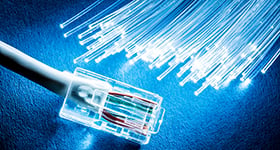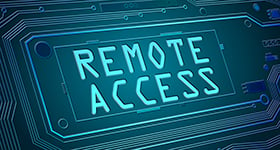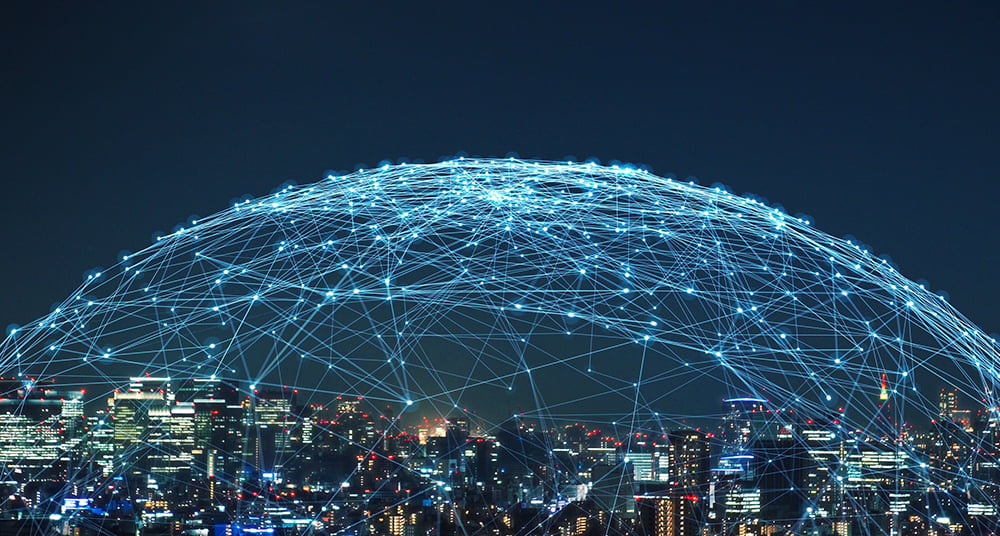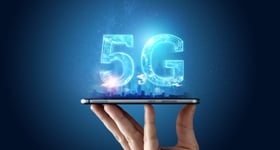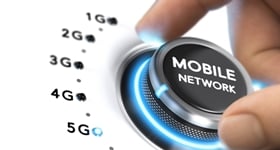A recent report from Business Insider (BI) Intelligence suggests that connected device revenue, including revenue accrued from related services, could equal $2.5 trillion by 2020.
The report, entitled "Here Comes the Internet of Things" (IoT), suggests that connected devices and IoT could completely transform the world economy.
BI predicts that devices that consumers don't typically think of as smart devices, like light bulbs, UV-filtering window shades and door locks, can be equipped with Internet connections. These connections would mean that almost everything that consumers use could be linked to the Internet.
Bob Sullivan of NBC News has characterized the IoT as "a full-on cage match between George Jetson and George Orwell." He suggested in an article that hackers could interfere with smart medical devices and that the NSA could make a database of, well, your bowel movements. Additionally, machines will inevitably become smarter thanks to the unprecedented collection of data.
Google director of engineering Ray Kurzweil, who was awarded the National Medal of Technology from President Clinton in 1999, published a book in 2005 called, "The Singularity Is Near." The Singularity, according to Kurzweil, is a time when human life will cease to exist as we currently understand it. Watch this animation short by Lew Keilar for details:
Kurzweil argues that technological development expands exponentially, not linearly. He predicts that we will reverse-engineer the human brain by the mid-2020s, giving computers the power to mimic and exceed both the intelligence and emotional qualities of the human brain.
By 2045, the Singularity will occur, meaning that hyper-intelligent artificial intelligence will arise. Kurzweil suggests that humans will be able to transfer their consciousness into artificial bodies so that they can live forever.
Biologist Dennis Bray has criticized Kurzweil's notion of the Singularity. He told Time Magazine's Lev Grossman, ""Although biological components act in ways that are comparable to those in electronic circuits, they are set apart by the huge number of different states they can adopt."
Singularity proponents, however, think that sentient machine development is unpreventable. Kurzweil also admits that these artificial life-forms may not choose to share resources with humans.
As Grossman wrote, "You don't have to be a super-intelligent cyborg to understand that introducing a superior life-form into your own biosphere is a basic Darwinian error." Try not to think about that, or about NSA spies, while you're using your connected toilet.
Edited by
Rachel Ramsey

